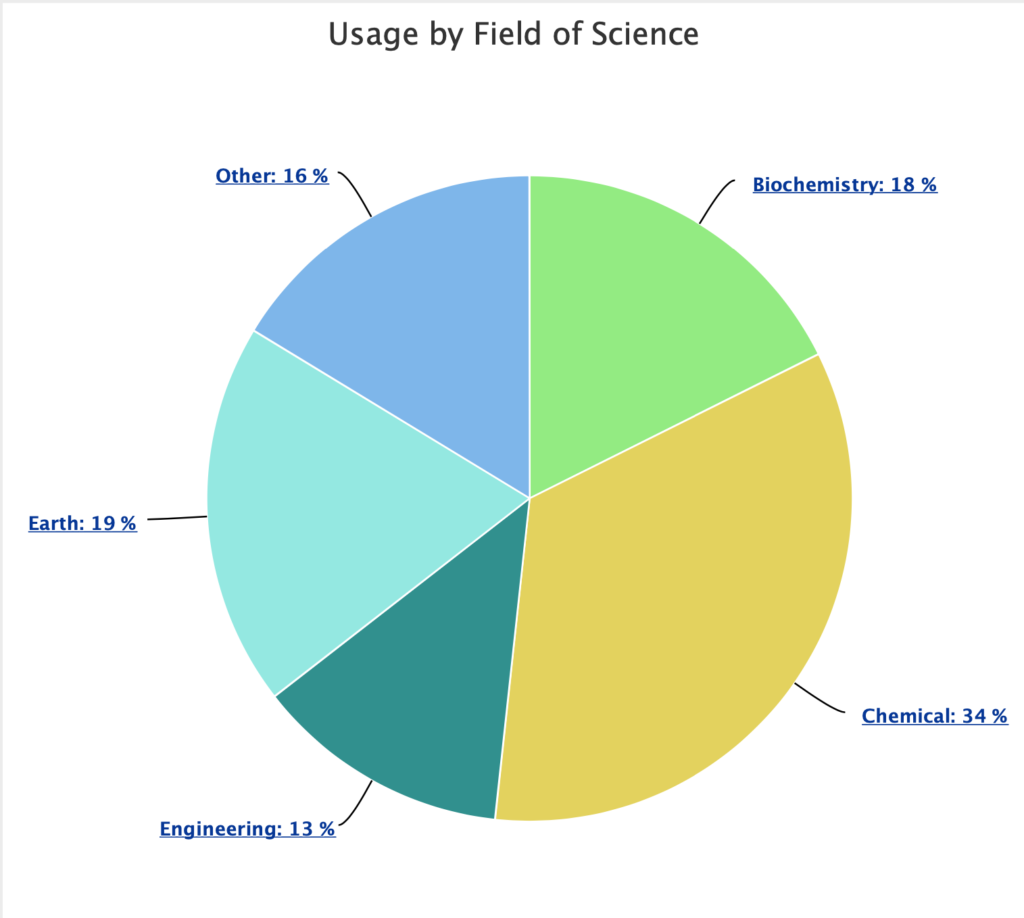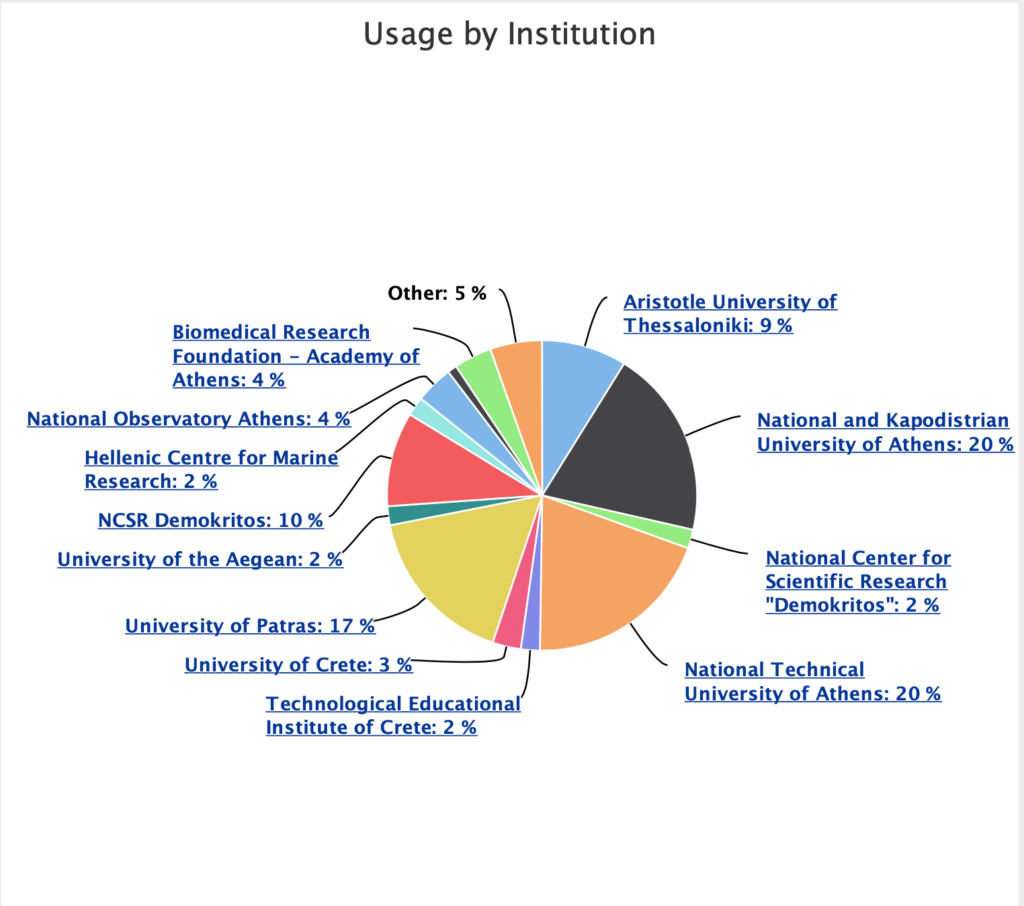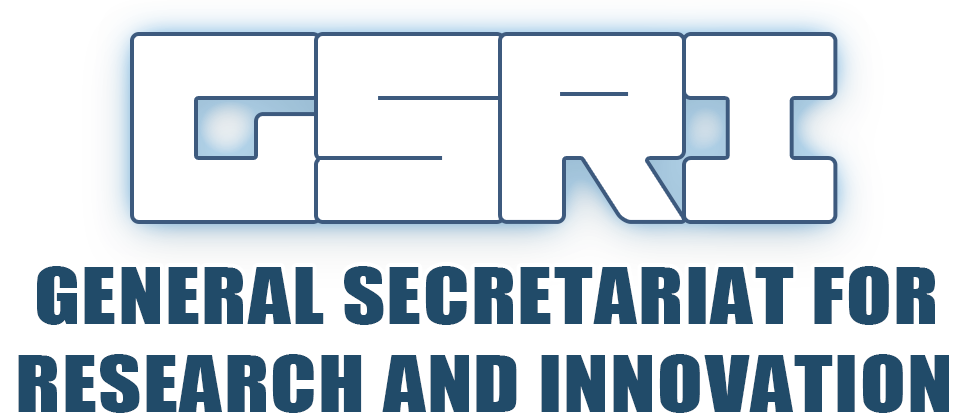
WHAT IS HIGH PERFORMANCE COMPUTING?
The term High Performance Computing (HPC) usually refers to the application of state-of-the-art computing systems for efficiently running advanced applications such as computer simulations, often for engineering or natural sciences purposes. While in the past the term was mostly used for the work with very specialized and often highly expensive machines, the evolution of computer and server systems has led to a commoditization of HPC systems and to a mainstreaming of its concepts and technologies. Nowadays desktop computers and workstations potentially offer such high capacities, while at the same time HPC systems have converged so much with off-the-shelf hardware, that the term also includes achieving the most performance on mainstream systems. The term HPC is used for nearly all aspects of managing and using high-performance systems and the software running on them.
While in the past the term was mostly used for the work with very specialized and often highly expensive machines, the evolution of computer and server systems has led to a commoditization of HPC systems and to a mainstreaming of its concepts and technologies. Nowadays desktop computers and workstations potentially offer such high capacities, while at the same time HPC systems have converged so much with off-the-shelf hardware, that the term also includes achieving the most performance on mainstream systems. The term HPC is used for nearly all aspects of managing and using high-performance systems and the software running on them.
Major topics in the area include activities like:
- Performance assessment of existing applications,
- Optimization of applications for high performance,
- Specialized software development for HPC systems, and of course
- Actual execution of applications, with eventual automation of workflows or interactive visualization of large result sets.
WHAT IS A SUPERCOMPUTER?
“Supercomputers” are computer systems used in scientific applications that require the execution of several millions of mathematical operations or the processing of large volumes of data. Due to these requirements such problems would either take a prohibitive amount of time to complete on a simple desktop computer or due to limited resources (eg cache, storage space) they could not be performed at all. Supercomputers overcome these limitations by using specialized state-of-the-art hardware at all times, while taking advantage of the computing power of multiple computing units. A supercomputer today is actually a system of hundreds or even thousands of computers (commonly referred to as “nodes”) that communicate with each other using a very fast network and which together can solve problems at high speed. A supercomputer is a powerful research tool. Today, supercomputers are used to solve some of the most important problems of mankind, such as the origin of the universe, the discovery of new drugs, research on climate change and much more.
A supercomputer is a powerful research tool. Today, supercomputers are used to solve some of the most important problems of mankind, such as the origin of the universe, the discovery of new drugs, research on climate change and much more.
IS THERE A NATIONAL HPC INFRASTRUCTURE IN GREECE?
In 2015, the ARIS HPC system, the Greek supercomputer, was deployed and operated by GRNET S.A.. ARIS consists of 532 computational nodes separated in five “islands”. It is a PRACE Τier-1 system offering a 535 Tflops computing system, 2 PB of parallel file storage. ARIS empowers the Greek Scientific Community by meeting the needs of Greek users in multiple scientific fields. GRNET additionally offers application support and training services. Computational Chemistry, Physics, Biology, Biomedicine, Earth Sciences, Computational Engineering, Materials Science are some indicative scientific fields that today rely on the use of modern HPC infrastructures. In order to allow full and equal access to the ARIS national high performance computing system, GRNET launches calls, addressed to scientists and researchers working in Greek educational and/or research institutes to submit project proposals related to open research, for the access and exploitation of ARIS.
DOES AN SME HAVE ACCESS TO THE NATIONAL HPC INFRASTRUCTURE IN GREECE??
The ARIS supercomputer system is available at this point only to the public academic sector. If you are a Greek SME there are several solutions. First you may contact us and we will help you find solutions through specialized open calls, or have direct access to the panEuropean pre-exascale and petascale supercomputers. You can also benefit from our technology transfer service portfolio.
IS THERE ANY HPC-RELATED TRAINING IN GREECE?
Greece is strongly involved in pan–European High-Performance Computing (HPC). GRNET is a core member of the PRACE project being active in all implementation phases, supporting dissemination activities, providing training as a regional PRACE Training Center, contributing to the operation and coordination of the Common PRACE operational services, as well as to the prototyping of new services. Regular training courses take place in the fields of efficient use of systems, parallel and accelerator programming, and discipline specific methods, involving Machine Learning. You can find all training courses provided by GRNET here: https://hpc.grnet.gr/en/category/training-events-en/
Apart from the strictly HPC related training by the GRNET PRACE training center, there is a large spectrum of AI, HPC, HPDA, BD related educational opportunities in Greece. You can discover all available sources in our “HPC/HPDA/AI training repository” through keywords or through filtering by domain, course type, institution, or your level of readiness. Currently 421 relevant training programs have been identified, mainly bachelor degree or masters’ degree, and a few summer schools, webinars and HPC specialized courses.
IS THERE A GUIDE HELPING SMEs TO GET STARTED WITH HPC?
There is a large number of all kinds of HPC related training all over Europe. Most of them, especially in the current pandemic era, are online and free, so you can easily attend if interested.
The best place to discover all upcoming training events in Europe is the PRACE training portal.
HOW CAN I HAVE ACCESS TO EUROPEAN-WIDE HPC-RELATED TRAINING COURSES?
There is a large number of all kinds of HPC related training all over Europe. Most of them, especially in the current pandemic era, are online and free, so you can easily attend if interested.
The best place to discover all upcoming training events in Europe is the PRACE training portal.
We also strongly recommend that you follow our social media accounts found at the bottom of all pages, as we publish all interesting training events in Europe in time.
WHICH ARE THE SCIENTIFIC DOMAINS THAT USE HPC IN GREECE?
Today, the usage of the ARIS supercomputer, by field of science and by institution, is as follows:


WHAT IS A CORE HOUR
A core hour refers to the number of processor units (cores) used to run a simulation multiplied by the duration of the job in hours. With 1 core hour you can simulate for 1 hour on a 1 core machine, 30 minutes on a 2 core machine and so on.








